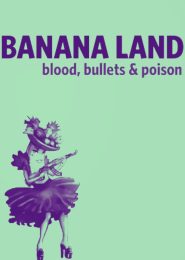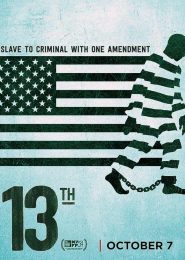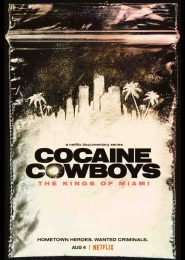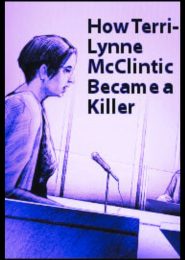Antisemitism in Europe (2018)
The documentary Spiral, directed by Andreas Morell and Johanna Hasse in 2018, delves into the disturbing resurgence of anti-Semitism in Europe. Through a close-up lens, it exposes the faces, attitudes, and ideologies behind this toxic phenomenon, which is far from a mere statistical abstraction.
In France, the film introduces us to Dieudonné, a comedian who cynically exploits anti-Semitic sentiments. He claims that the Holocaust has become a lucrative enterprise, and his performances evoke applause from crowds. Dieudonné’s shocking stance is that while the Holocaust indeed happened, we need not feign concern. His provocative words resonate with the idea that one shouldn’t have to choose between Jews and Nazis, echoing the controversial comments made by Donald Trump during the Charlottesville riots.
“Spiral” doesn’t merely focus on violence; it also captures how anti-Semitism has permeated society beyond acts of terror. Anecdotes abound: a Jewish man was attacked on the streets of France, his plea for help met with indifference once his attackers confirmed his Jewish identity; Jewish children were killed in Toulouse—the first such incident in France since World War II; a security guard shot outside a Copenhagen synagogue; and protesters at an anti-Israel demonstration in Holland chanting “death to the Jews.” In Britain, anti-Semitic acts have reached record levels.
The film reveals that European Jews, feeling fundamentally unsafe, are fleeing their homelands. Israel becomes their refuge, but this exodus raises questions about identity and belonging. Prime Minister Benjamin Netanyahu’s call for them to “come home” is met with skepticism. After growing up and spending their lives in France, England, or Denmark, can these Jews truly abandon their sense of home?
Spiral confronts us with the urgency of addressing anti-Semitism, not as a distant issue but as a reality that threatens lives, communities, and the very fabric of Europe itself




